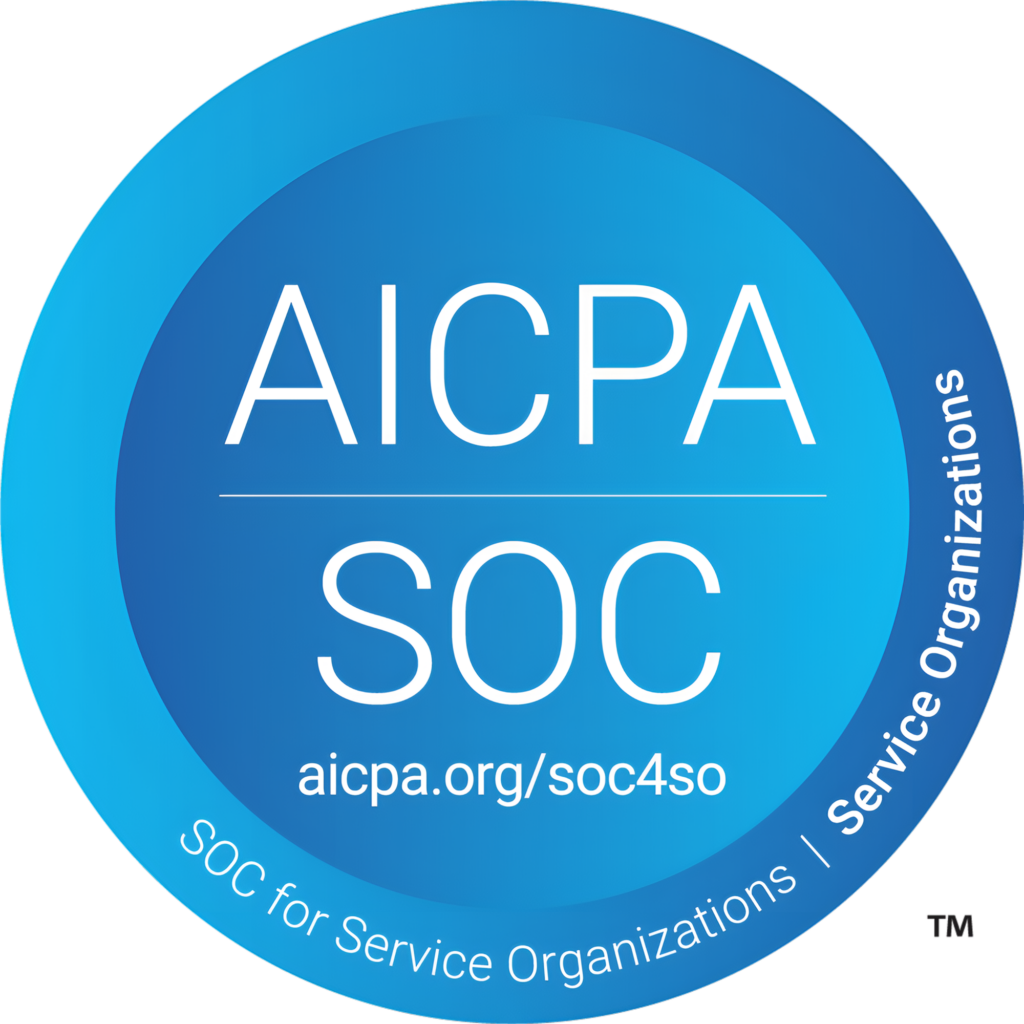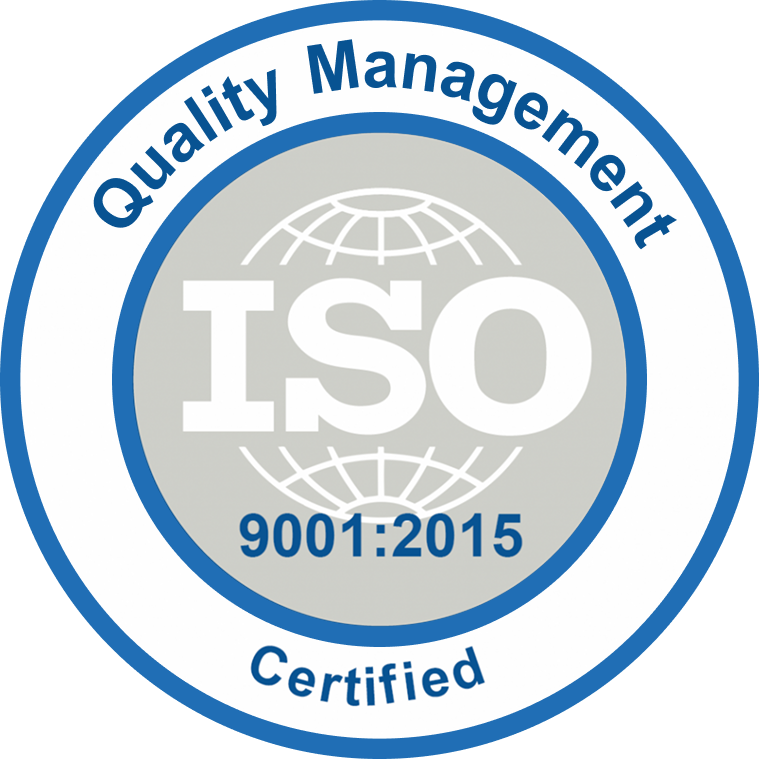We’ve said it before, but it bears repeating: both DevOps and DataOps strive for the rapid and consistent delivery of exceptional code, procedures, and data. They also give their perspectives on what business values should look like, with the goal of eliminating silos, streamlining operations, and aligning teamwork. So, it stands to reason that both methods facilitate cooperation among individuals with various skill sets in order to create value and performance.
Several businesses have insufficient data proficiency, which leads to suboptimal judgments about datasets and applications. For this reason, the benefits of implementing DevOps capabilities to data are too compelling to ignore.
Continue Reading
DevOps & DataOps: The Key Differences
To put it simply, DevOps manages code while DataOps oversees data. Yes, automation is important to both, but these discrepancies result in major variances as we progress through the automation pipeline. In other words, the essential purpose DevOps and DataOps serve are radically distinctive but that’s what makes them the power duo. Let’s explore it:
- DataOps develops, analyzes, and delivers data products. Data is plainly distinct from software; therefore, each specialty necessitates a unique set of capabilities and group cohesiveness to be efficient.
- On the other hand, DevOps engineers, build and deploy software applications.
- In DevOps, the development and operations teams are combined to boost work efficiency and expedite software development.
- In DataOps, analysts, data scientists, developers, and operations collaborate to enhance data analytics.
- DataOps and DevOps deployment pipelines are also varied. However, the overall delivery patterns are comparable and can be broken down into three stages:
- Develop with an emphasis on velocity
- Assess to safeguard quality
- Allow for versatility by releasing
- Other subtle distinctions between DataOps and DevOps include:
- Quality: DataOps ensures usage of high-quality data for high quality outputs; DevOps delivers a quality product.
- Collaboration: DataOps works with business users, application developers, and IT operations; DevOps works with engineering and development teams.
- Cycle Times: DataOps strives to build a continuous data pipeline so business users become self-sufficient; DevOps strives for shorter release cycles to meet business demands.
- Operations: DataOps is constantly addressing new and changing data challenges involving many sources and needs; DevOps runs repeatable, highly similar cycles.
DevOps & DataOps: The Key Similarities
DevOps and DataOps adhere to the same lean techniques, concentrating on continuous improvement, customer demands (value), identifying and eliminating waste, and simplifying and standardizing processes. More in detail below:
- Both models are organized identically since they meet the same requirements, allowing small, self-sufficient data teams to offer appropriately prepared data for simple end-user consumption.
- To maintain the automation base consistent, both concentrate on industry segments, so they specialize on a particular type of product, marketing strategy, or collection of financial questions:
- Everything is managed as code: infrastructure, configuration, and pipelines.
- Decouple, componentize, and share your code.
- Generate tests and validations at each stage.
The Power of the Duo
DevOps applied to Data + Operations = DataOps
- We can adapt the Agile Philosophy to the field of data engineering by substituting ‘delivering data’ for ‘creating software.’
- DataOps puts data experts together to continually supply solid data to applications and business activities.
- Correspondingly, DevOps brought users, developers, QA, and operations personnel together to handle continuous deployment difficulties.
- Data analysts and data scientists work collaboratively with data engineers and IT operations to develop continuous data streams that connect multiple inputs to several endpoints while coping with the realities of data dispersion.
- It delivers a balance of durability and agility by designing and operating data flow algorithms from origin to repository to evaluation, iteratively.
Placing High Emphasis on Resolving Data Drift
DataOps is a newer idea that is currently maturing in many ways. Because best practices and tools are always evolving. With that being said, it would be wise to copy and paste a few pages from DevOps into your DataOps action plan to derive its full potential.
This is where we step in and do it for you. We will combine the power of DevOps and DataOps through our tried-and-true ways to build data pipelines that empower your business.

